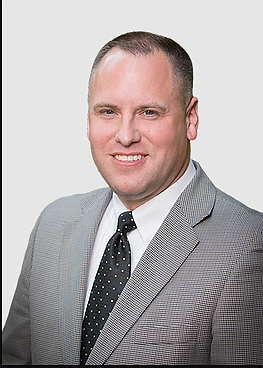OPINION: Idaho needs a major reset on education choice conversation
The 2023 Idaho legislative session is ready to adjourn with barely any movement on advancing education choice options for families.
While states including Florida, Iowa, Arkansas, Utah and Arizona have expanded choice to improve outcomes, Idaho seems to be stuck in neutral...
Become a Subscriber!
You have read all of your free articles this month. Select a plan below to start your subscription today.
Already a subscriber? Login




